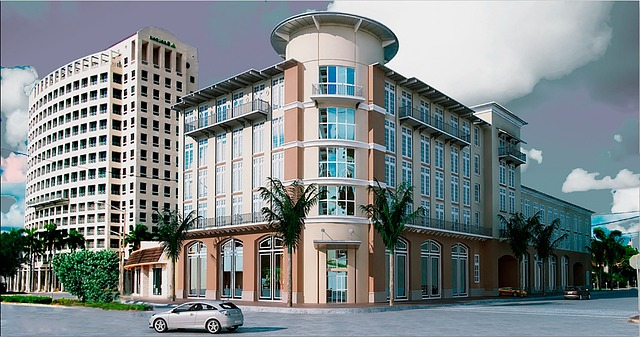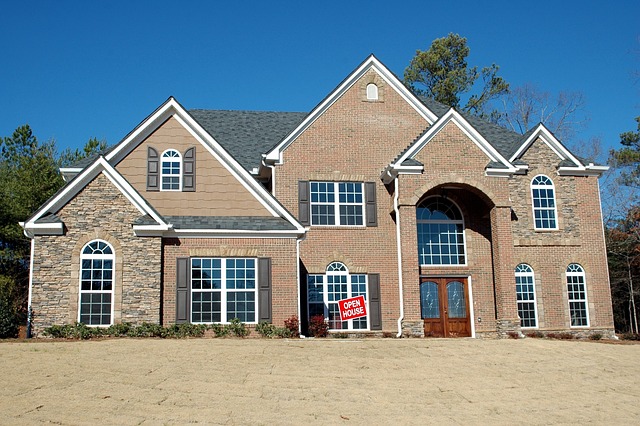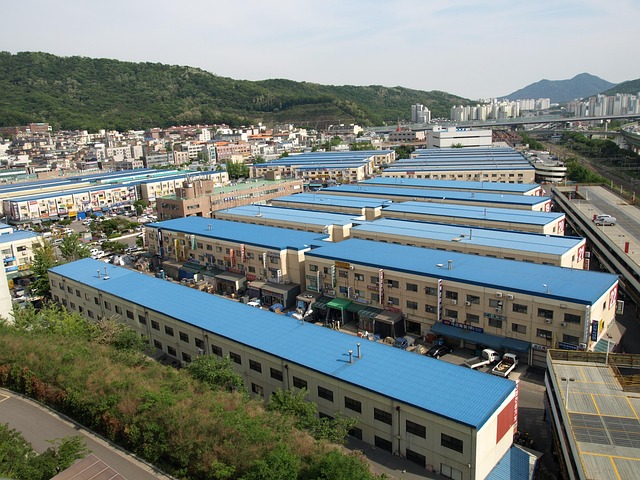Specialized lease clauses are crucial in real estate, offering tailored provisions for unique property needs, enhancing flexibility, mitigating risks and reducing disputes. Common types include Option Clauses, Subletting Provisions, Maintenance agreements, and Force Majeure clauses, benefiting both landlords and tenants. Landlords should define them clearly while tenants must thoroughly review to avoid unfair terms, ensuring fair, long-lasting lease agreements in the dynamic real estate sector.
“In the world of real estate, understanding complex leases with specialized clauses is paramount for both landlords and tenants. This comprehensive guide explores the intricate components that define these agreements. From defining ‘specialized clauses’ and their vital role in real estate to unearthing common types and practical applications, we delve into the legal complexities.
We also weigh the benefits and challenges, offering strategies for negotiation, risk mitigation, and clarity. Furthermore, this article navigates implementation and dispute resolution, providing best practices for communication and potential solutions to common disputes.”
Understanding Specialized Clauses in Real Estate Leases

In the world of real estate, leases form the backbone of property transactions, and specialized clauses are integral to this process. These unique provisions cater to specific circumstances and interests, offering both advantages and complexities. For instance, they can accommodate unusual tenant requirements or address particular risks associated with a property. Specialized clauses might cover everything from flexible termination options and above-market rent adjustments to detailed maintenance responsibilities and restrictive use policies.
Understanding these clauses is crucial for both landlords and tenants. Landlords must clearly define the terms to protect their investments, while tenants need to meticulously review them to ensure they’re not taking on unreasonable burdens. Legal experts often advise delving into these details, as they can significantly impact the longevity and fairness of a lease agreement in real estate transactions.
– Definition and importance of specialized clauses

Specialized clauses play a pivotal role in real estate leases, offering tailored provisions to accommodate unique property needs and preferences. These clauses go beyond standard lease agreements, addressing specific concerns or opportunities associated with particular properties. Their importance lies in enhancing flexibility and ensuring a more customized fit between landlords and tenants.
In the dynamic world of real estate, specialized clauses allow for innovative terms related to renovations, subletting, or unique operational requirements. For instance, a clause might grant a tenant exclusive use of certain amenities or specify detailed maintenance responsibilities. Such customization streamlines operations, reduces potential disputes, and fosters mutually beneficial relationships, making them essential components in modern lease agreements.
– Common types of specialized clauses

In the real estate sector, complex leases often incorporate specialized clauses designed to cater to unique property needs and protections for both landlords and tenants. Some common types include:
1. Option Clauses: These give either party the right to extend or terminate the lease agreement under specific conditions, providing flexibility but also demanding careful consideration of future plans. 2. Subletting Provisions: Regulating when and how a tenant can sublet the property, these clauses protect landlords from unauthorized use while ensuring tenants have options in changing circumstances. 3. Maintenance and Repair Responsibilities: Clearly defining who is responsible for what kind of maintenance can prevent disputes and ensure timely upkeep, crucial for keeping properties in good condition. 4. Force Majeure: Protecting against unforeseen events like natural disasters or pandemics that may disrupt lease terms, offering flexibility during challenging times.






